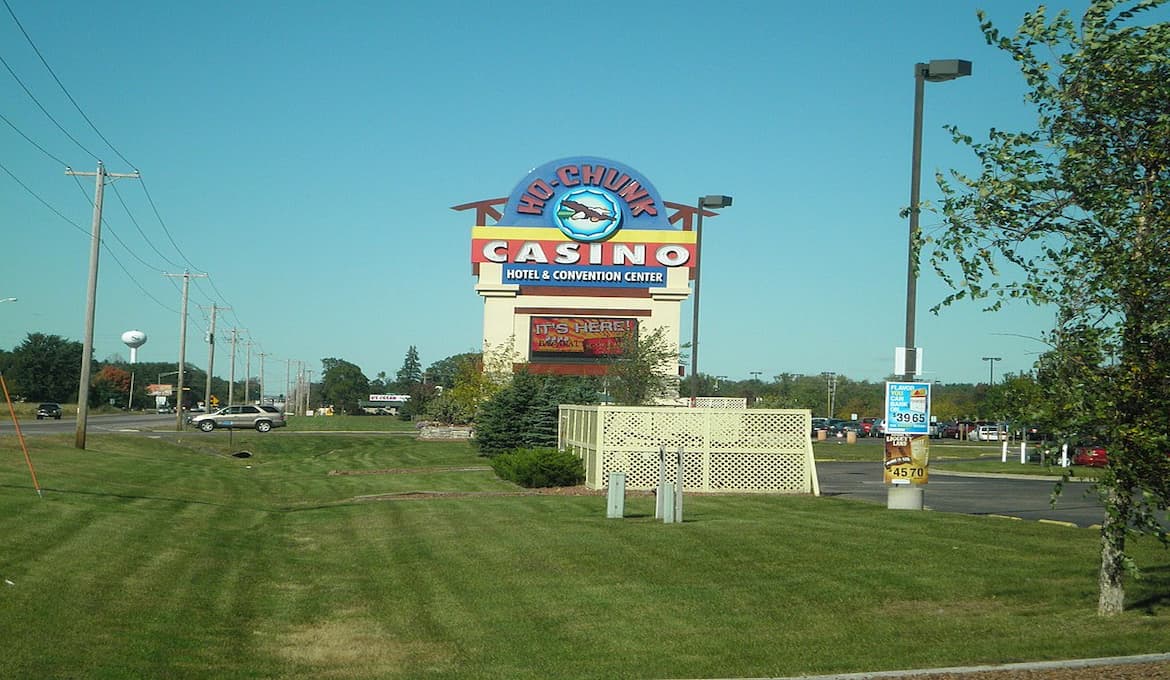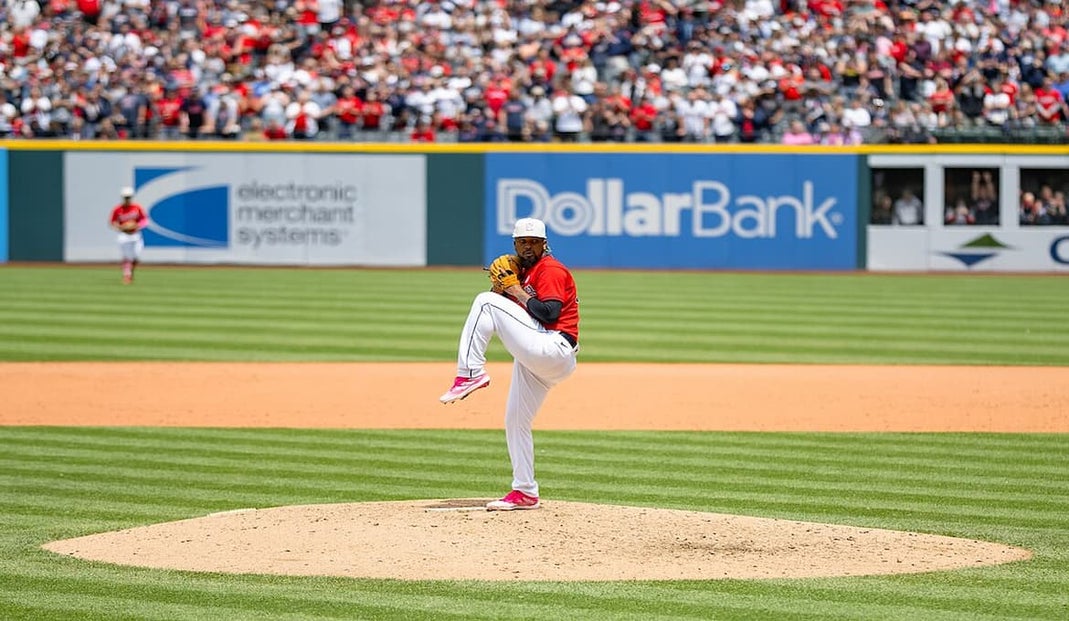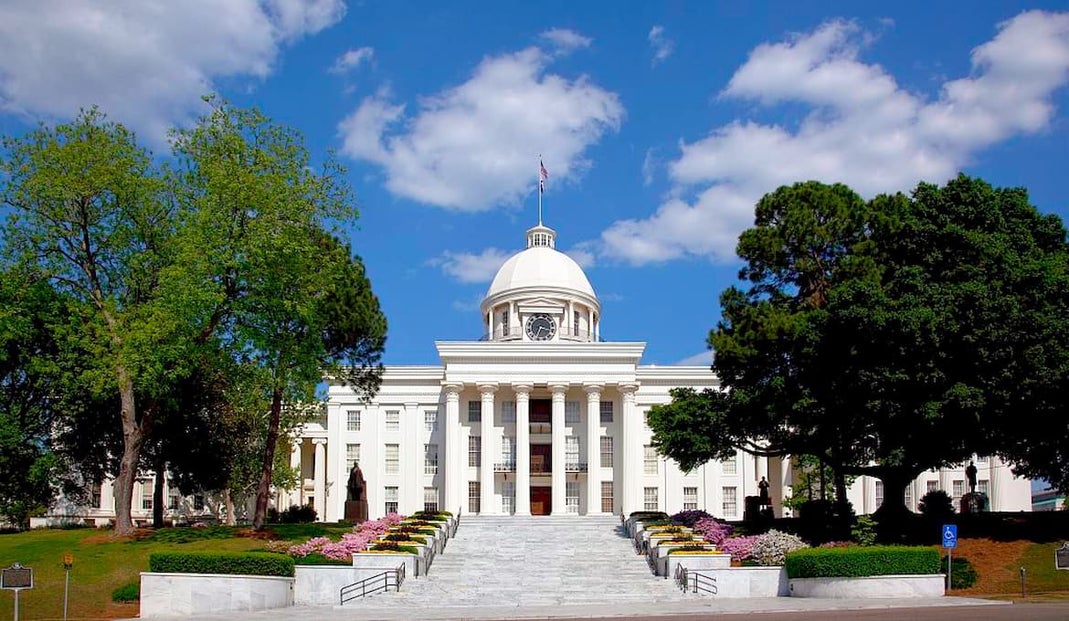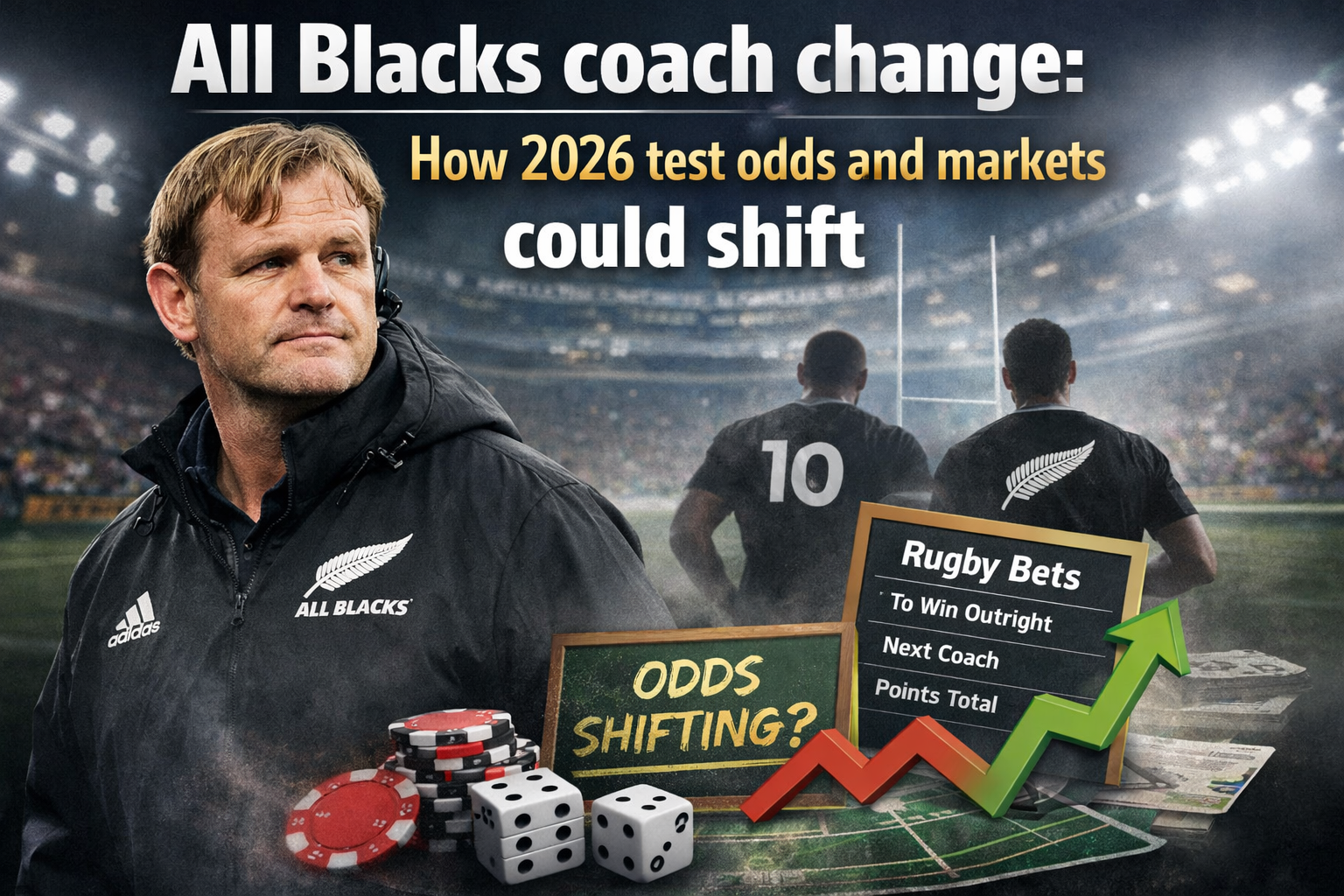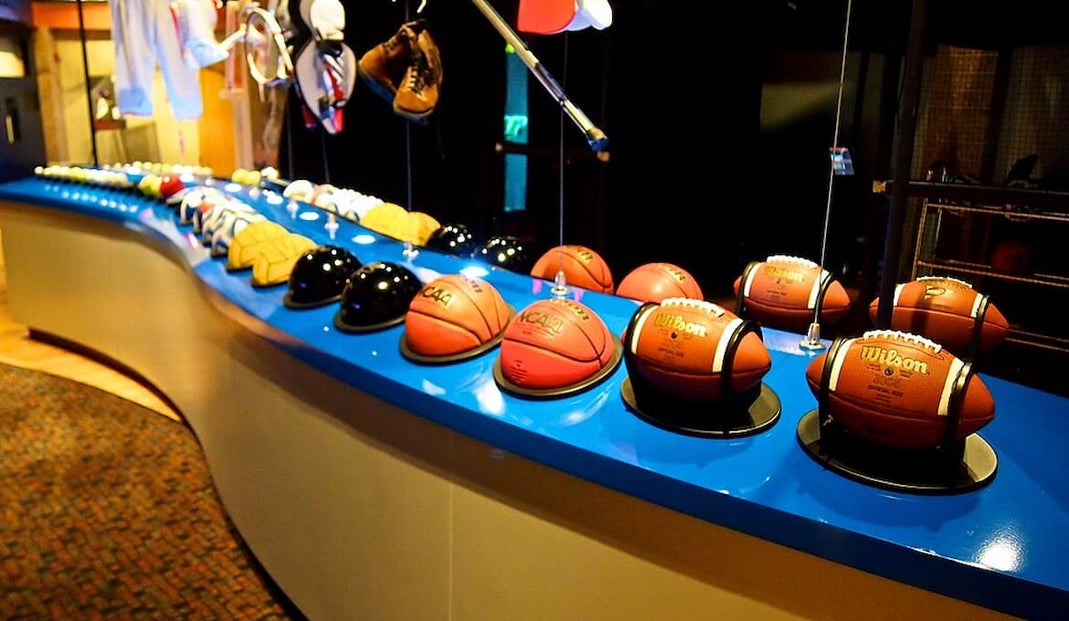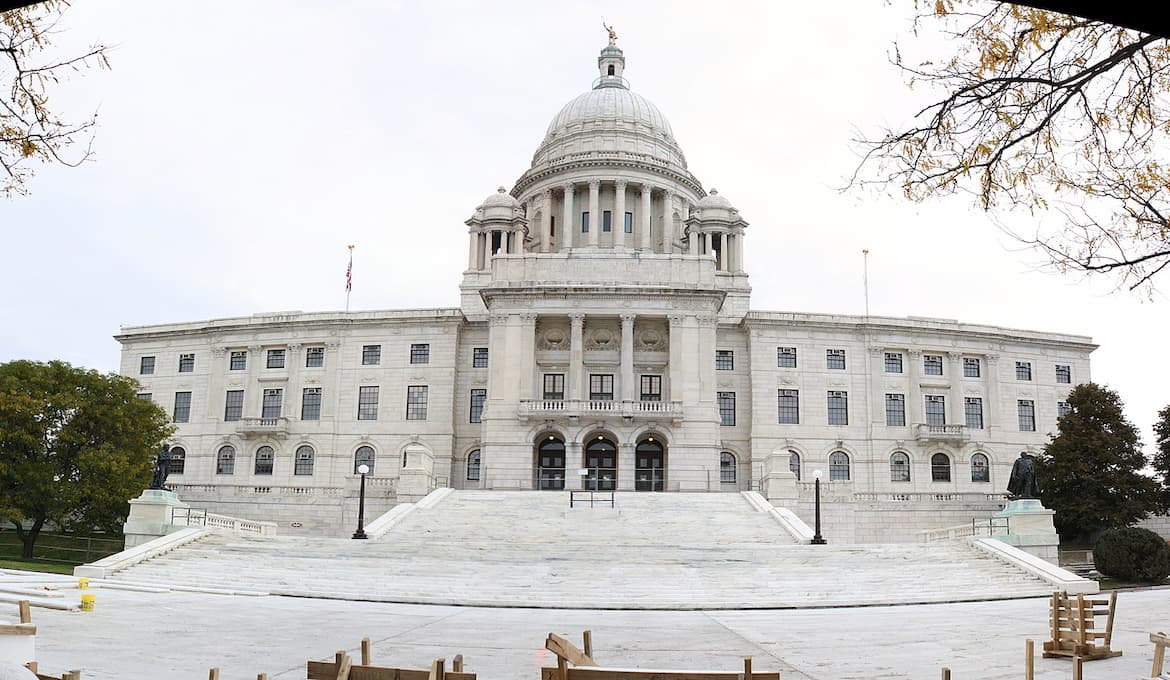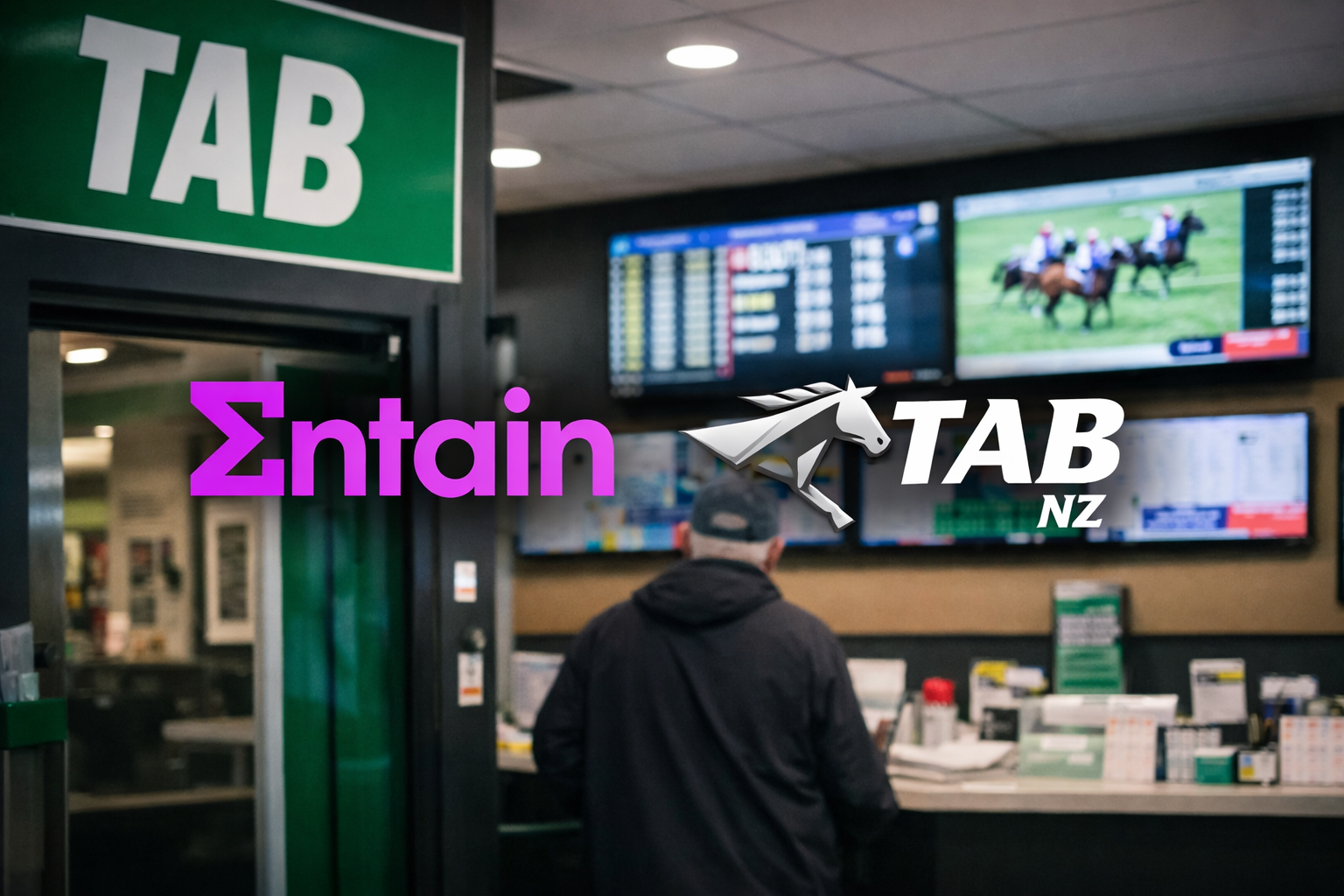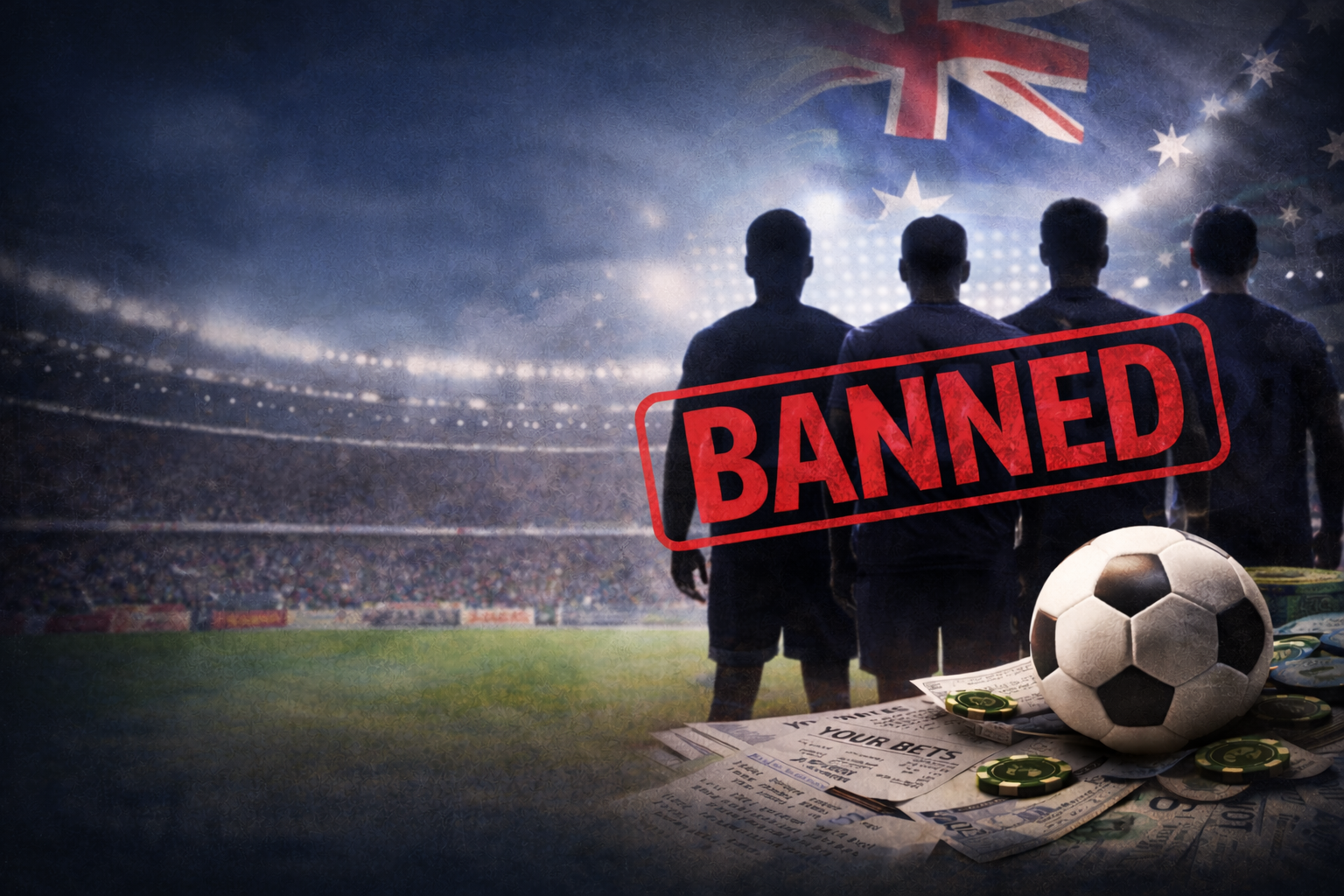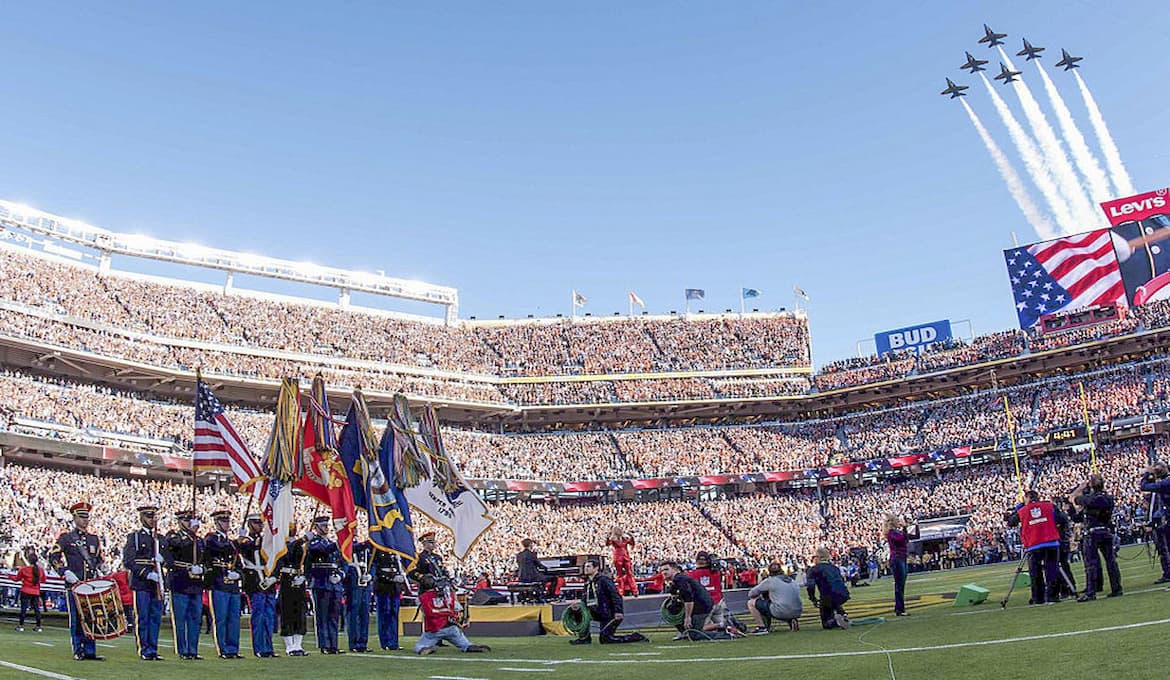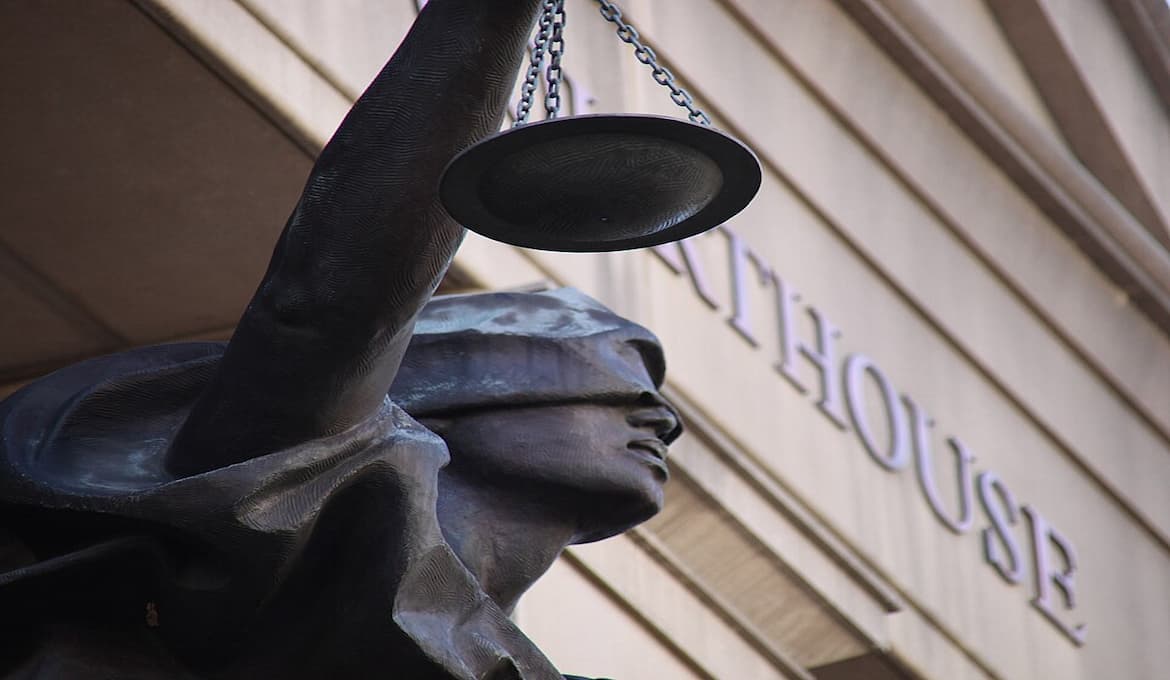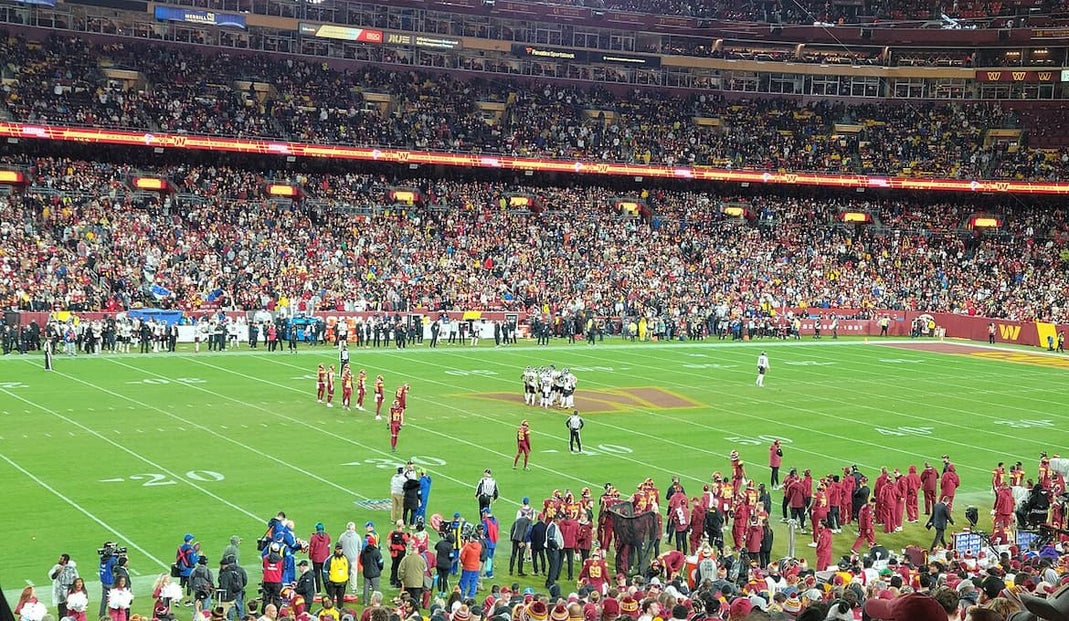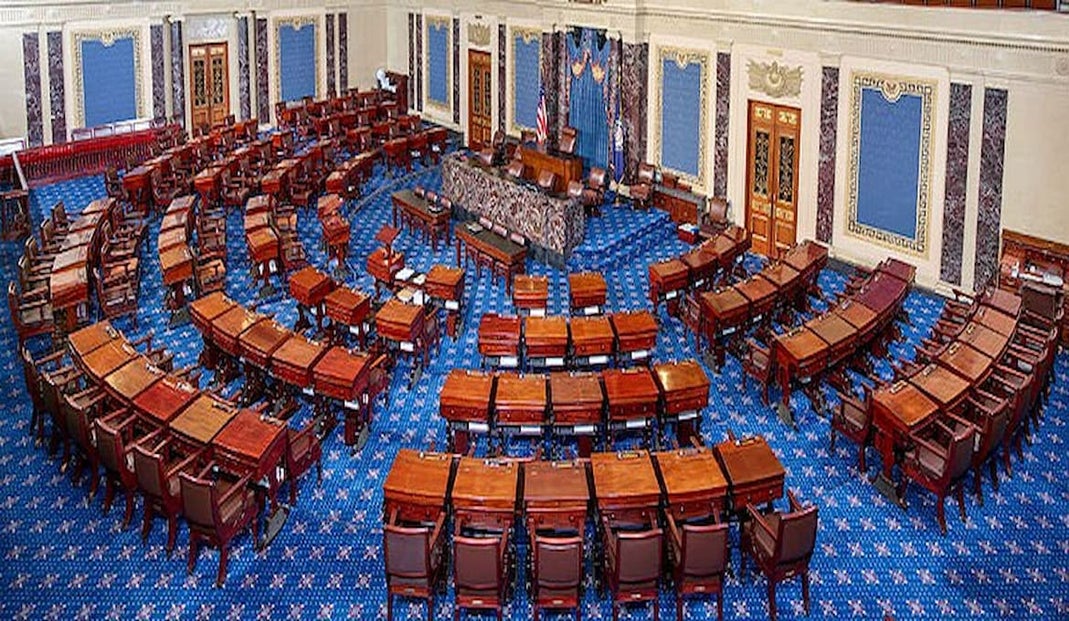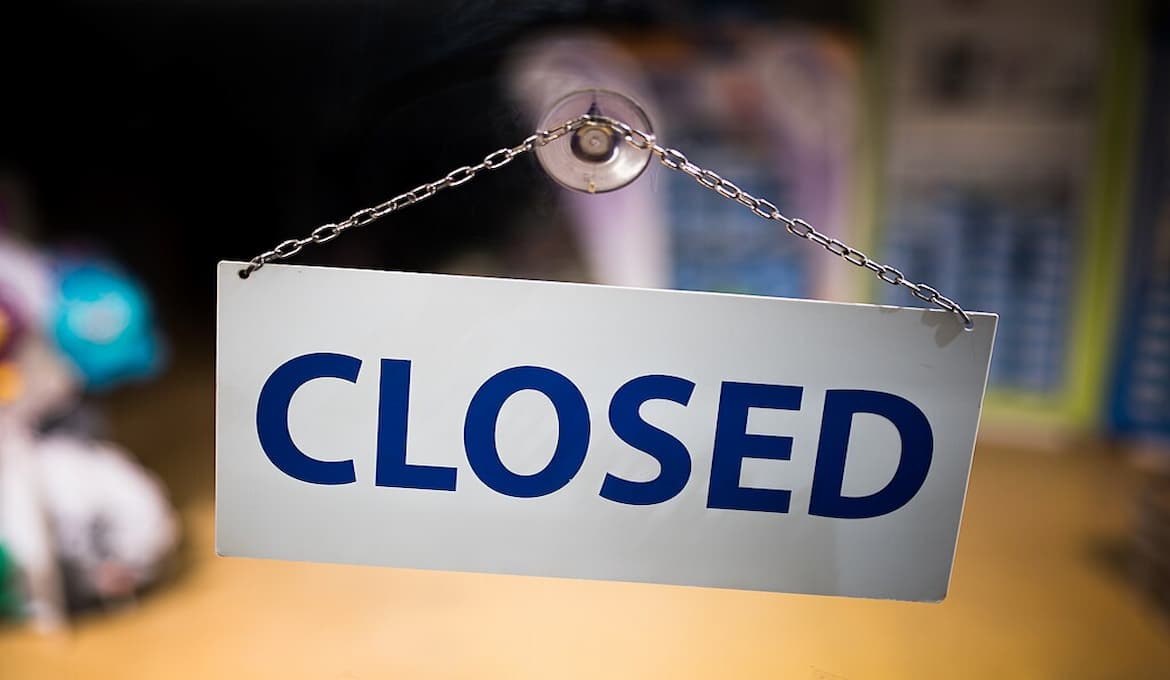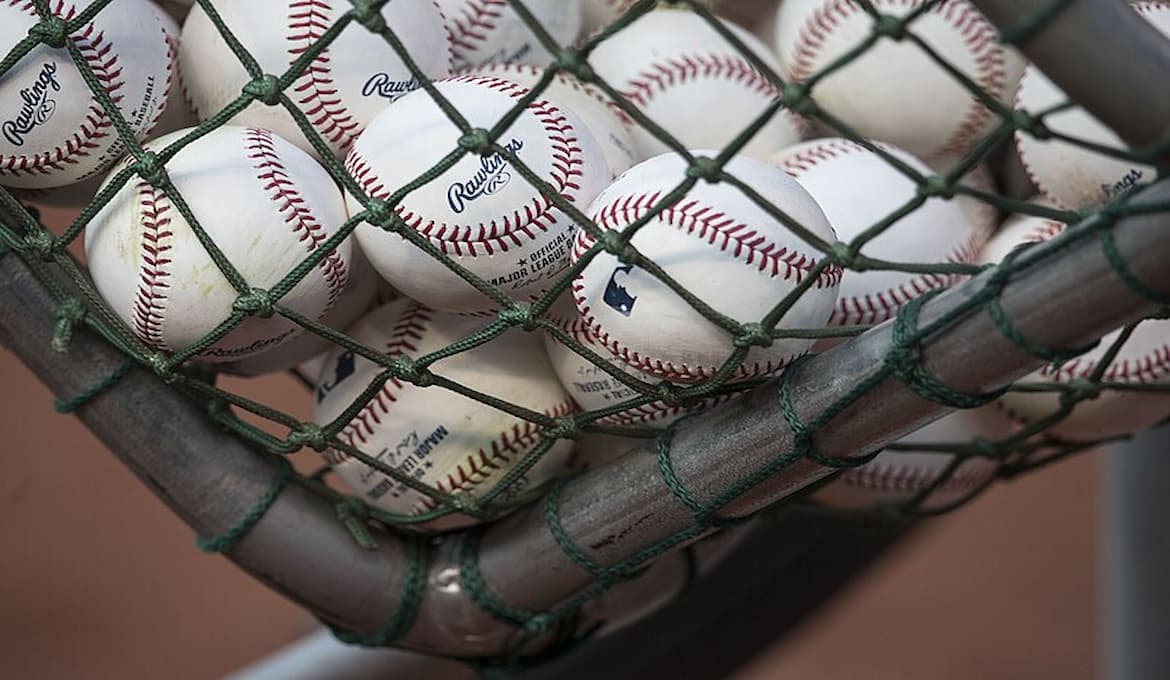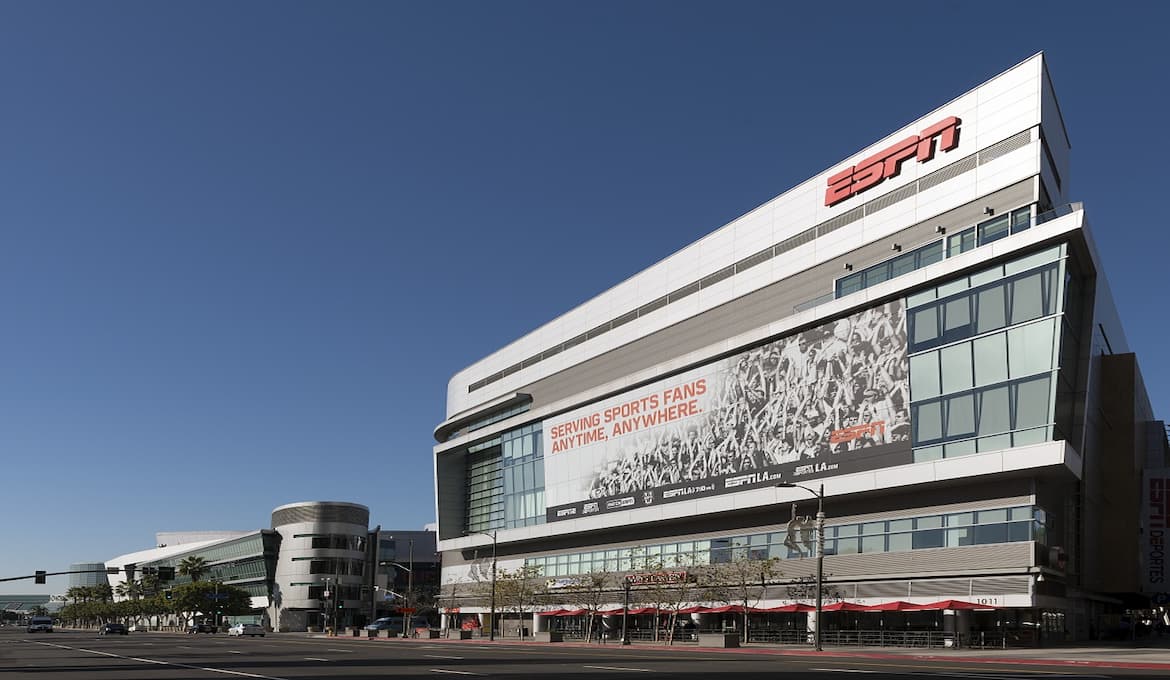Kalshi Offering Illegal Gambling
The Ho-Chunk lawsuit centers on the argument that sports prediction markets qualify as gambling. While the operator continues to argue that their event contracts are a form of commodity trading, the tribes argue that they meet the definition of gambling, as defined in IGRA.
The lawsuit echoes the arguments made by other tribes and state gaming regulators, who are also taking Kalshi to court. While opponents picked up a small victory in Maryland earlier this month, courts have yet to accept arguments that sports prediction markets qualify as gambling. As a result, Kalshi has begun to file counter-suits, which could prove costly.
Tribes Point to Link to Underage Gambling
While the lawsuit focused on the legality of sports prediction markets, it also touches on the danger they pose to underage bettors. With the minimum age set at 18 for most prediction markets, more high school and college students now have a way to bet on sports legally. With no problem gambling monitoring or protocols, the tribe believes it could lead to a national crisis.
“Currently, 18-year- old high school students across the United States—including some that are located on Indian reservations—are on their phones placing bets on the outcome of virtually every sporting event occurring across the globe, without any regulation of that betting by states or Indian tribes and the protective measures related to corruption and problem gambling imbedded in such regulatory schemes, in contravention of federal, state, and tribal law,” the tribal lawsuit claims.
Kalshi Showing No Signs of Concern
Despite being under fire from all sides, Kalshi is showing no signs of concern over its future. They proved that once again when announcing that it will soon offer spread, total, and prop betting markets for the upcoming NFL and NCAA football seasons. These options will be available on Robinhood, which has stood by its partner.
While the confidence is impressive, the new markets will give weight to lawsuits filed by tribes and states. Since these options are only found at sportsbooks, the argument that these markets aren’t a form of sports betting will be harder to sell in court.
Kalshi has deep ties to the White House, but that might not be enough. We saw the daily fantasy sports industry suffer a massive blow when it began offering these types of betting options. If Kalshi isn’t careful, they could end up facing a similar fate.


